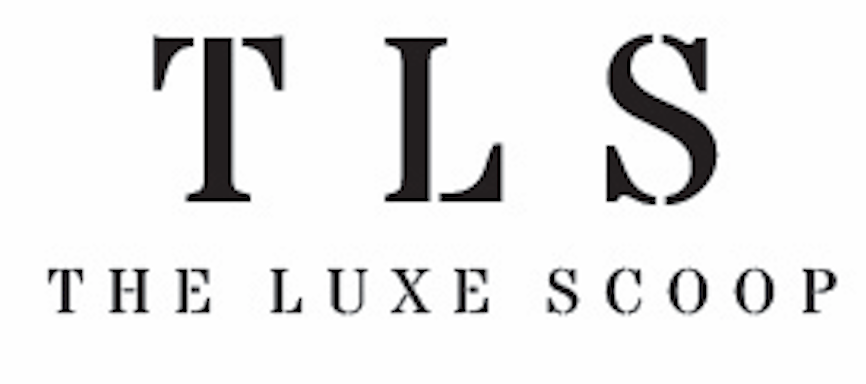
The global Covid-19 pandemic is ruling news outlets. Public events are cancelled, schools are closed, supermarket shelves are bare and much of the workforce is staying at home to avoid spreading or catching the deadly virus. Countries all over the world are updating regulations and advice on a daily – if not hourly – basis. With the economic severity being compared to that of the 2008 recession, The Luxe Scoop has looked into how seriously luxury businesses are affected at this time of panic, worry and uncertainty, and how one well-known beauty consortium is making the best of bad situation.
Friday saw American consumer confidence suffer the largest single-day drop since 2018, Morning Consult reported; a sentiment that is expected to be reflected throughout markets worldwide. The global media and technology company announced that because of the international emergency caused by the Coronavirus outbreak, it will now be releasing its Index of Consumer Sentiment (ICS) daily, as opposed to weekly, to record the changes more accurately. Morning Consult’s economic intelligence unit reported people of all income levels are feeling less confident, and that customer-facing businesses could all be impacted in the coming months. High-income consumers’ growing uncertainty places great pressure on the luxury sector which relies on their extravagant spending. Luxury brand consortium Altagamma conducted an ad-hoc survey with industry executives which predicts that Coronavirus could wipe off between €30bn and €40bn in sales.
However, the comparison between the economic effects of coronavirus being compared to former recessions is not entirely like-for-like. Unlike the 2008 financial crash, one main difference is that the public’s physical health is at risk now; not just their savings, investments or jobs. Therefore, they are re-evaluating what they are spending their money on and how the spending makes them feel, leaning toward wellness, experiential luxury and authentic purchases. Dr Martina Olbertova, author of ‘The Luxury Report: Redefining the Future Meaning of Luxury’, believes the global slow down gives brands the chance to look inward to what they can mean in the future. ‘This is a time to create and strengthen brand perceptions, which ultimately create value. And that’s all anchored in meaning’ Olbertova says. With thr travel and hospitality sectors impacted most greatly by the virus so far, it will be interesting to see whether long term they may in fact benefit from an increased desire for experiential luxury.
One company using its resources for the better of the pandemic breakout is luxury goods manufacturer LVMH, which owns luxury brands such as Louis Vuitton, Moët & Chandon, Tag Heuer and Bulgari. Immense stress has been placed on suppliers of basic items like hand sanitiser and disinfectant gel and, in an unprecedented decision, LVMH will be using their French facilities to produce a hydroalcoholic hand sanitiser. It will be be donated to the French health authorities and the Assistance Publique-Hôstpitaux de Paris (and delivered free of charge). Production starts Monday and is a far cry from their usual output; perfume and cosmetics for Guerlain, Christian Dior and Givenchy. France is carrying out extreme measures to try and limit the rise of infection rates, following Italy’s closure of non-essential shops and services.
Gestures by private companies like this is something rarely seen outside of wartime and, where they cannot help personally, other brands have been donating large sums to try and support combatting the spread of the virus. At a time of great uncertainty, one truth is that together we can get through this by helping one another wherever possible.
